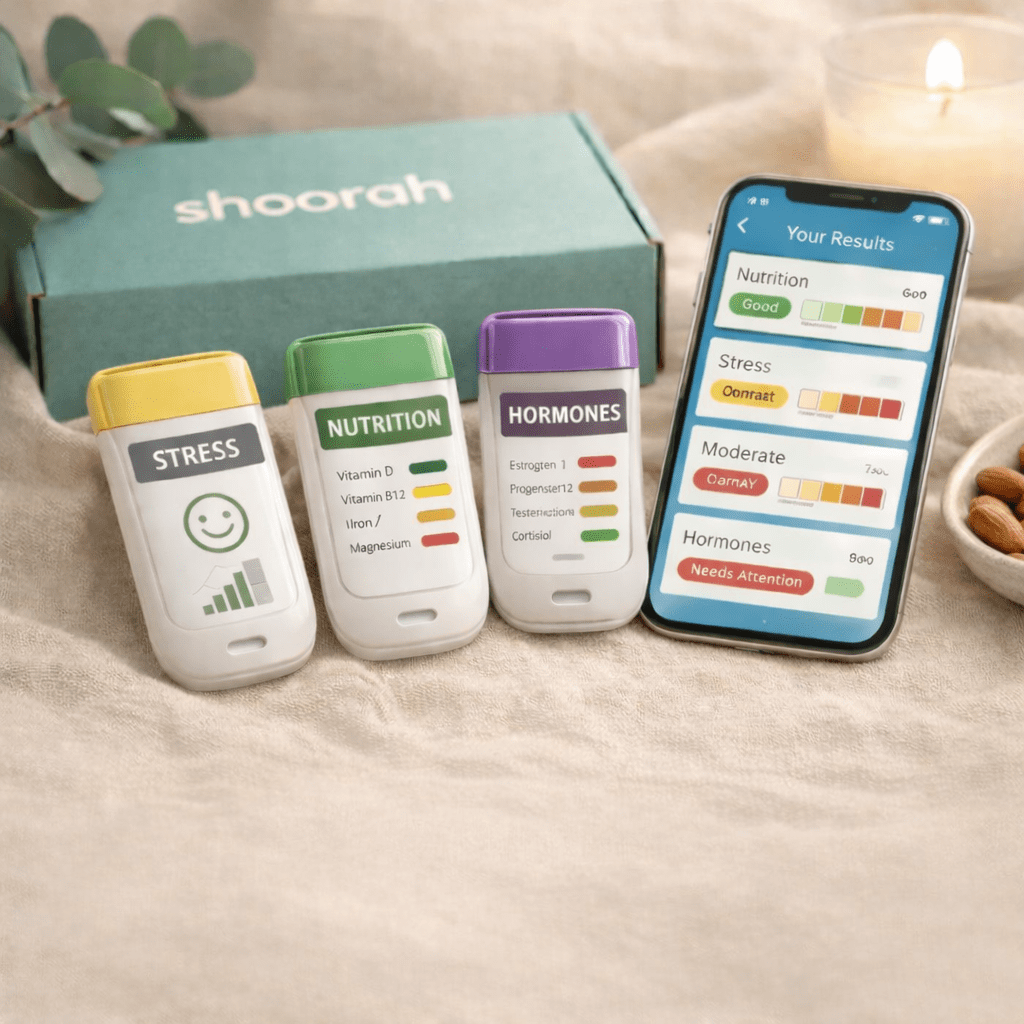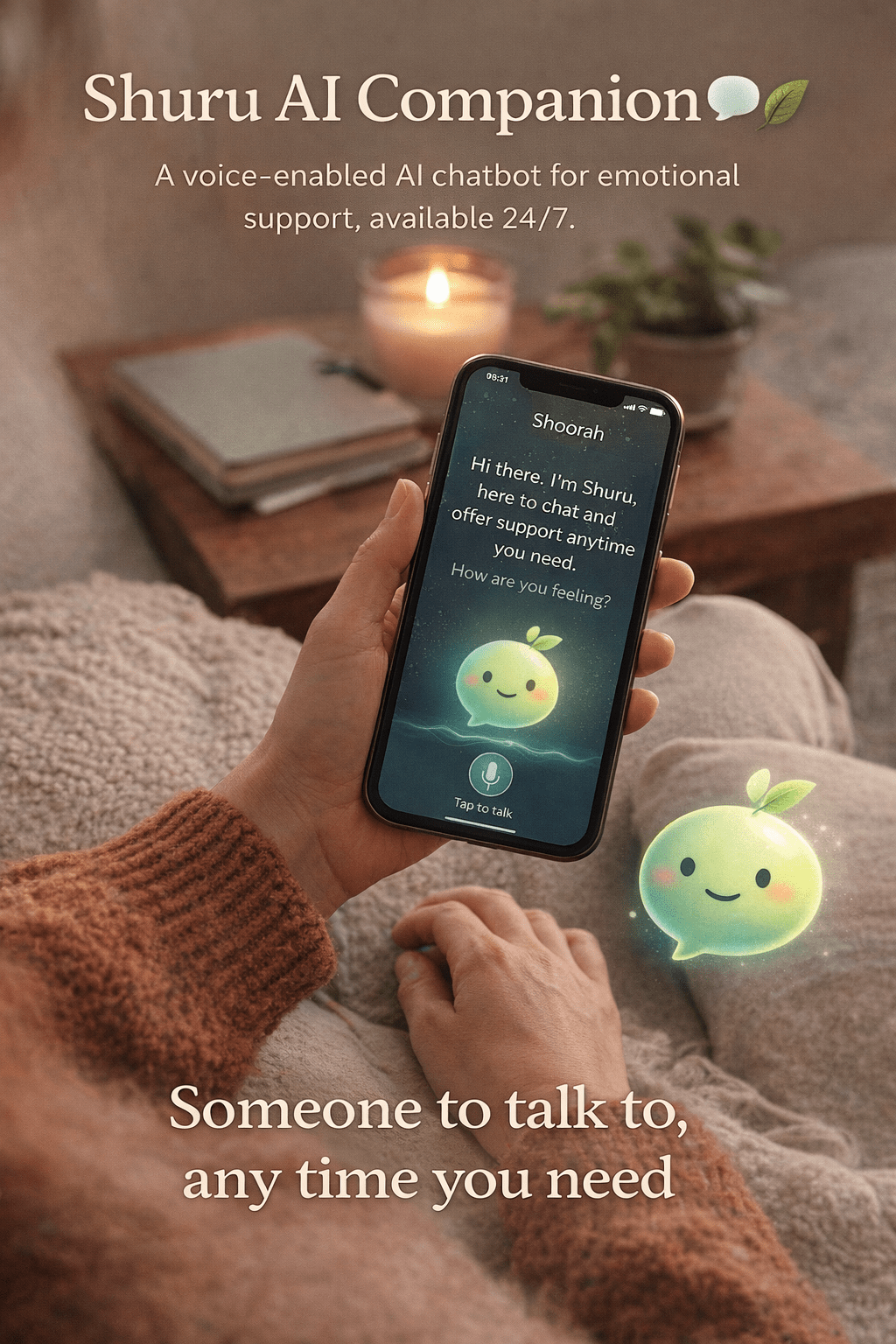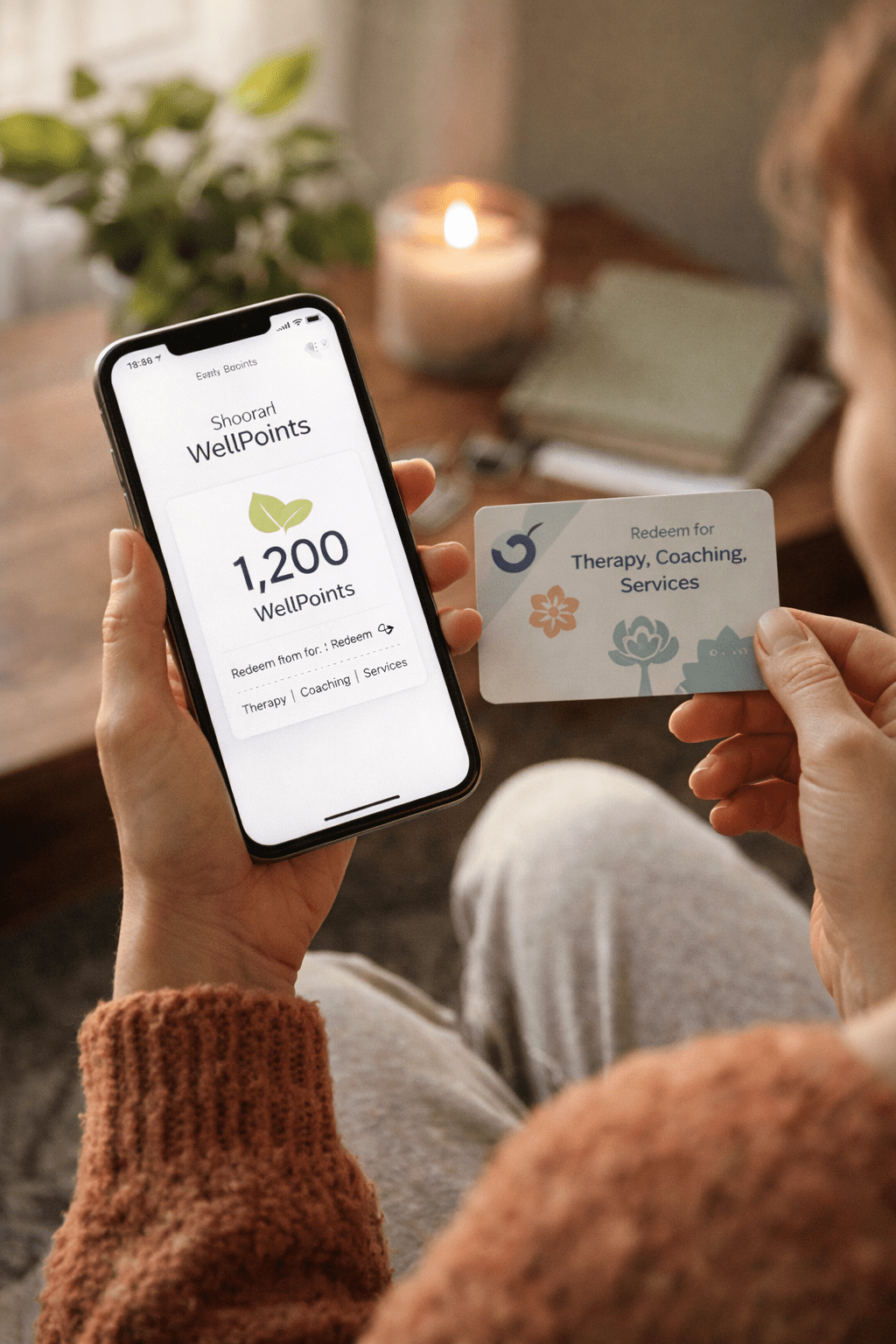Relationship Resilience: Nurturing Connections for Better Mental Well-being
In today’s fast-paced world, maintaining strong and healthy relationships is more important than ever for our mental well-being. Research consistently shows that positive social connections can have a profound impact on our overall mental health. From reducing stress and anxiety to enhancing our sense of belonging, nurturing relationships can significantly contribute to our emotional resilience and happiness.
At Shoorah, we understand the vital role that relationships play in promoting mental well-being. That’s why we’ve dedicated ourselves to providing resources and support to help you cultivate relationship resilience and foster meaningful connections in your life.
Why Relationship Resilience Matters
Relationship resilience refers to our ability to navigate challenges and setbacks in our relationships while maintaining a strong sense of connection and support. Just like physical health, our mental well-being thrives when our relationships are healthy and fulfilling.
Strong relationships can provide a buffer against stress, helping us to better cope with life’s ups and downs. They offer emotional support, validation, and encouragement during difficult times, making us feel valued and understood. Additionally, positive social interactions can boost our mood, increase our sense of self-worth, and enhance our overall quality of life.
Tips for Cultivating Relationship Resilience
- Communication: Open and honest communication is the cornerstone of any healthy relationship. Take the time to express your thoughts, feelings, and needs clearly and respectfully. Listen actively to your partner or loved one, and strive to understand their perspective without judgment.


